FRUITS FOR HEALING
The Healing Power of Fruits: Nourishing Your Body , Promoting Wellness.
Fruits have long been celebrated for their delicious flavors, vibrant colors, and nutritional value. Beyond their pleasant taste, many fruits possess remarkable healing properties that can support our overall well-being. Packed with essential vitamins, minerals, antioxidants, and fiber, fruits offer a natural and holistic approach to healing and maintaining good health. In this article, we will explore the healing potential of various fruits in different continents and how they can contribute to your journey of wellness.
Berries, such as strawberries, blueberries, raspberries, and blackberries, are renowned for their antioxidant content. These antioxidants help combat oxidative stress, reduce inflammation, and protect the body against chronic diseases. Berries are also rich in vitamins C and E, which support immune function and promote skin health. Including a variety of berries in your diet can contribute to a healthy heart, improved cognitive function, and digestive health.
Citrus fruits, including oranges, lemons, grapefruits, and limes, are excellent sources of vitamin C. Vitamin C is essential for immune system function, collagen synthesis, wound healing, and antioxidant protection. Citrus fruits also contain flavonoids, which have anti-inflammatory and anticancer properties. Enjoying citrus fruits can boost your immune system, enhance skin health, and support cardiovascular health.
The. saying "an apple a day keeps the doctor away" holds some truth. Apples are rich in dietary fiber, particularly pectin, which aids digestion, promotes satiety, and helps regulate blood sugar levels. Apples also contain antioxidants, such as quercetin, which has anti-inflammatory and antihistamine properties. The combination of fiber and antioxidants in apples supports heart health, aids in weight management, and contributes to a healthy gut.
Pineapple contains an enzyme called bromelain, which has anti-inflammatory and digestive benefits. Bromelain is known to aid in the digestion of proteins, reduce inflammation, and support tissue healing. Pineapple is also rich in vitamin C and manganese, which are essential for collagen synthesis and bone health. Adding pineapple to your diet can promote digestion, reduce inflammation, and support joint health.
Papaya is a tropical fruit that contains an enzyme called papain, which aids in digestion and has anti-inflammatory properties. Papaya is also rich in vitamins A and C, which support immune function and skin health. Additionally, papaya contains fiber and antioxidants that promote digestive health, reduce constipation, and provide protection against chronic diseases.
Kiwi is a nutrient-dense fruit packed with vitamin C, vitamin K, vitamin E, potassium, and fiber. It is known for its high antioxidant content, which helps neutralize free radicals and protect against cellular damage. Kiwi has been associated with improved digestion, cardiovascular health, and immune function. Incorporating kiwi into your diet can provide a refreshing and nutritious boost to your overall well-being.
Watermelon is a hydrating fruit that contains high levels of lycopene, a powerful antioxidant known for its potential anti-inflammatory and anticancer effects. Watermelon is also a good source of vitamins A and C, which support immune function, eye health, and collagen production. Enjoying watermelon can help with hydration, promote cardiovascular health, and provide a refreshing treat on hot days.
Nature has provided us with an abundance of healing fruits, each with its unique combination of nutrients and health-promoting properties. Integrating a variety of fruits into your diet can nourish your body, strengthen your immune system, reduce inflammation, and support overall wellness. Whether you enjoy berries for their antioxidants, citrus fruits for their vitamin C, or apples for their fiber, fruits offer a delicious and natural way to promote healing and maintain good health.
Here are some other healing fruits from different continents that you can also incorporate into your diet:
1. Asia:
- Mangosteen: Native to Southeast Asia, mangosteen is often called the "queen of fruits." It is rich in antioxidants, including xanthones, which have anti-inflammatory and antimicrobial properties. Mangosteen may support immune function, promote digestive health, and contribute to overall well-being.
Also known as pitaya, dragon fruit is native to Central America but widely cultivated in Asia. It is packed with vitamin C, antioxidants, and fiber. Dragon fruit supports digestion, hydrates the body, and provides essential nutrients for radiant skin.
2. South America:
Indigenous to the Amazon rainforest, acai berries have gained popularity for their antioxidant content. They are rich in anthocyanins, which contribute to their deep purple color and potential health benefits. Acai berries are believed to support heart health, boost energy levels, and promote brain function.
- Acerola Cherry: Acerola cherries, also called Barbados cherries, are grown in tropical regions of South America. They are one of the richest sources of vitamin C, providing immune system support and antioxidant protection. Acerola cherries may also help with collagen production and skin health.
3. Europe:
While pomegranates have origins in the Middle East, they are widely cultivated throughout the Mediterranean region. Pomegranates are loaded with antioxidants, particularly punicalagins, which have been associated with heart health, anti-inflammatory effects, and potential anticancer properties. Consuming pomegranates may support cardiovascular health and offer overall wellness benefits.
- Bilberry: Bilberries are native to Europe and closely related to blueberries. They are rich in anthocyanins, which contribute to their deep blue color and potential health benefits. Bilberries have been associated with improved vision, reduced inflammation, and enhanced cognitive function.
4. North America:
- Cranberry:
Cranberries are native to North America and are well-known for their urinary tract health benefits. They contain proanthocyanidins, which help prevent bacteria from adhering to the urinary tract lining. Cranberries are also rich in antioxidants that support immune function and promote overall health.
Blueberries are native to North America and are known for their high antioxidant content. They are packed with anthocyanins, which give them their vibrant color and potential health benefits. Blueberries are associated with improved brain function, cardiovascular health, and anti-aging effect.
Enjoy these fruits as part of a balanced diet and consult with a healthcare professional if you have any specific health concerns or dietary restrictions. Incorporating a variety of fruits from different continents can provide an exciting and nutritious way to support your healing journey.
5. Africa:
is a continent rich in biodiversity, and it is home to several unique and nutritious fruits. Here are some healing fruits from Africa that you can enjoy:
The baobab tree is native to Africa and produces a fruit known as baobab fruit. It is rich in vitamin C, antioxidants, and minerals such as potassium and magnesium. Baobab fruit has been traditionally used to support digestion, boost the immune system, and provide a good source of energy. It also contains soluble fiber, which promotes a healthy gut.
2. Marula:
The marula fruit is native to Southern Africa and is highly regarded for its healing properties. It is rich in vitamin C, vitamin E, and antioxidants. Marula fruit is known for its moisturizing and nourishing effects on the skin and can be found in skincare products. It is also used to produce marula oil, which has anti-inflammatory and antimicrobial properties.
The horned melon, also known as kiwano, is native to Africa and is characterized by its spiky orange-yellow skin. It is a good source of vitamins A and C, potassium, and fiber. Kiwano is believed to have diuretic properties and may support kidney health. It is also refreshing and hydrating, making it a great choice for hot climates.
African mango, also known as wild mango or bush mango, is native to West Africa. The fruit is rich in dietary fiber, vitamins, and minerals. African mango has been traditionally used for its potential weight management benefits and may help regulate blood sugar levels. It is also believed to have antioxidant and anti-inflammatory properties.
Monkey orange, or kawakawa, is a citrus fruit native to Southern Africa. It has a thick, pitted rind and a tart, tangy flavor. Monkey orange is a good source of vitamin C, antioxidants, and dietary fiber. It has been used in traditional medicine for its potential digestive and antimicrobial properties. The fruit can be consumed fresh or used in jams and preserves.
The sour plum is a fruit native to Southern Africa. It is known for its high vitamin C content and antioxidant properties. The fruit has a sour taste and is often used in traditional remedies for stomach ailments and to provide relief from nausea. The sour plum is also used to make jams, jellies, and beverages.
These various continental fruits offer unique flavors, textures, and potential health benefits. Incorporating them into your diet can be a delightful way to experience the healing properties . As with any new food, it's important to consume them in moderation and consult with a healthcare professional if you have any specific health concerns or allergies.



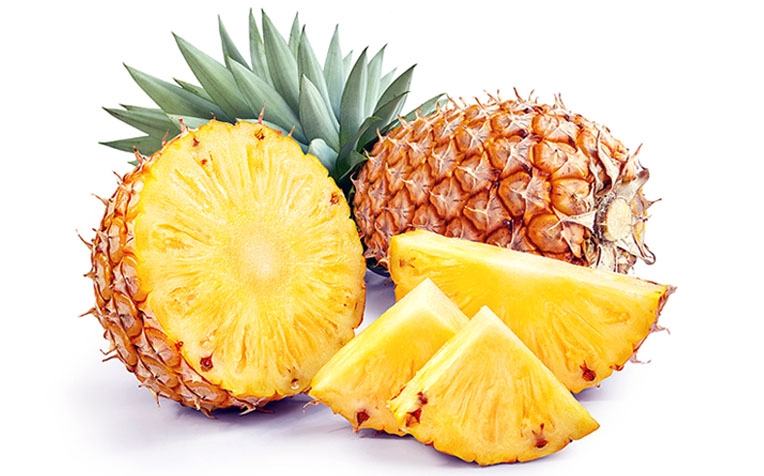
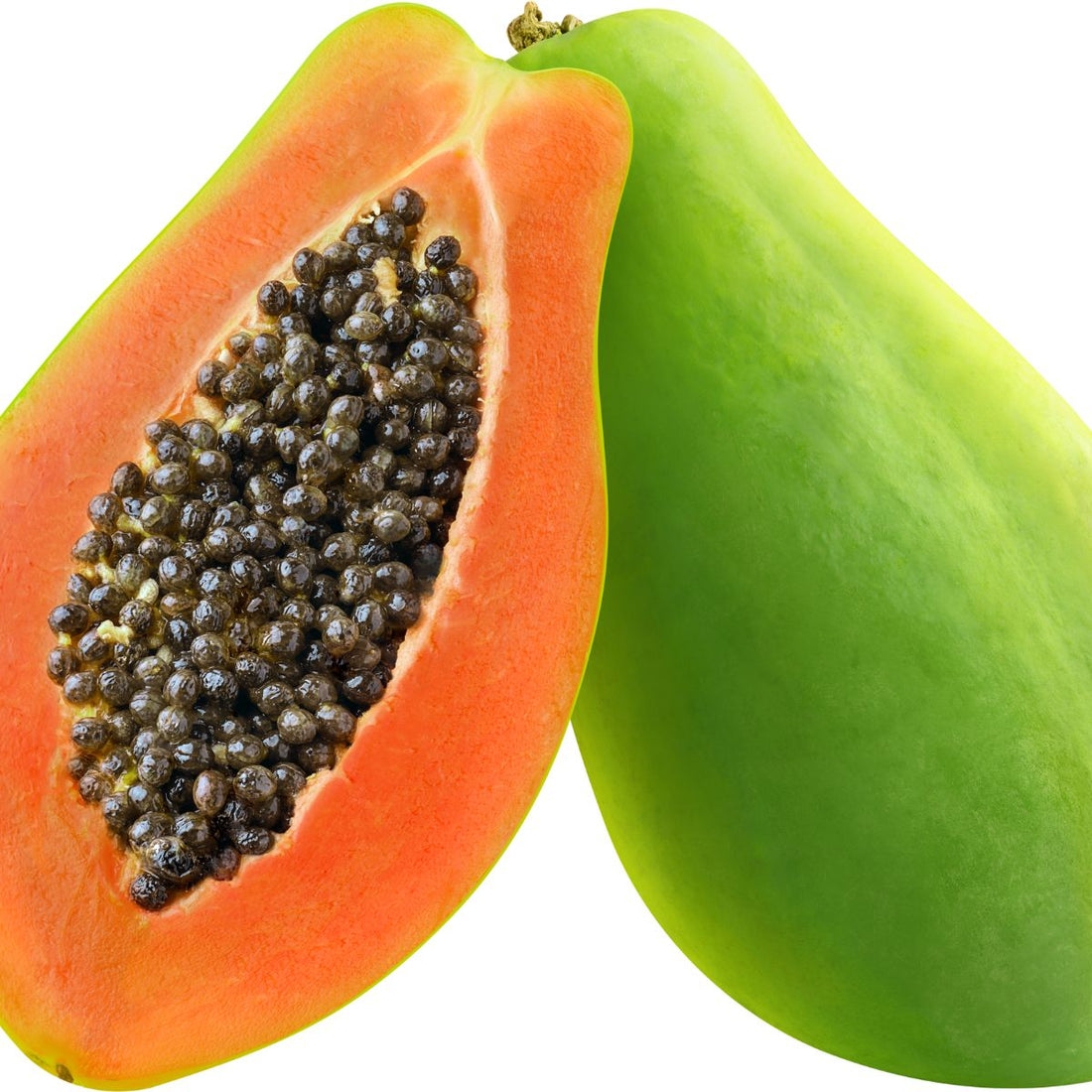
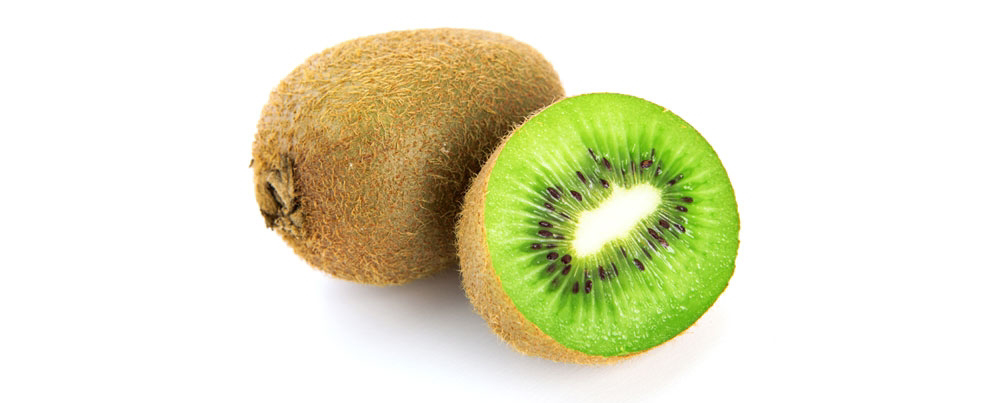





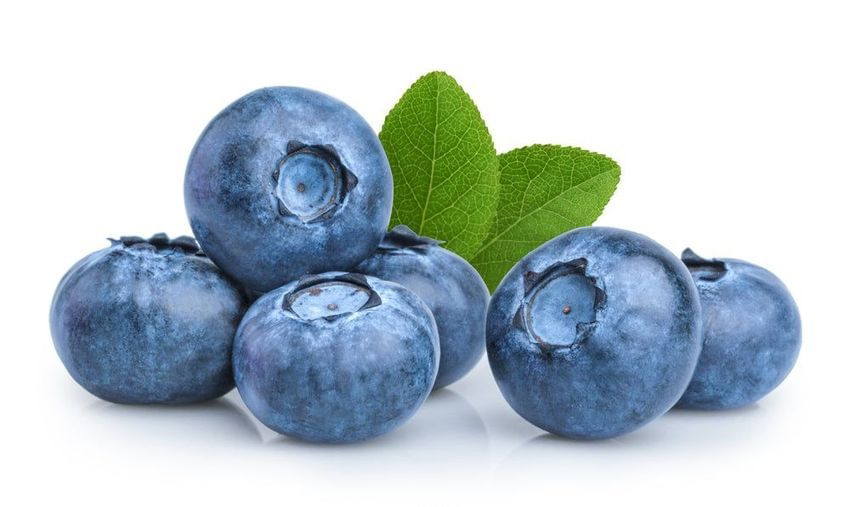
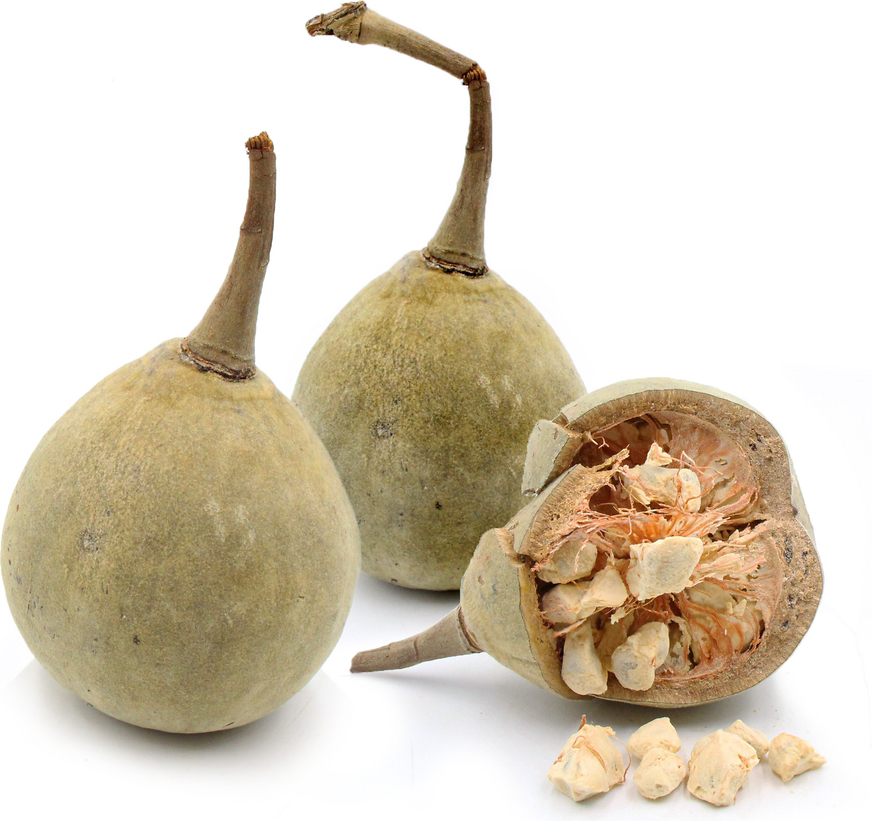


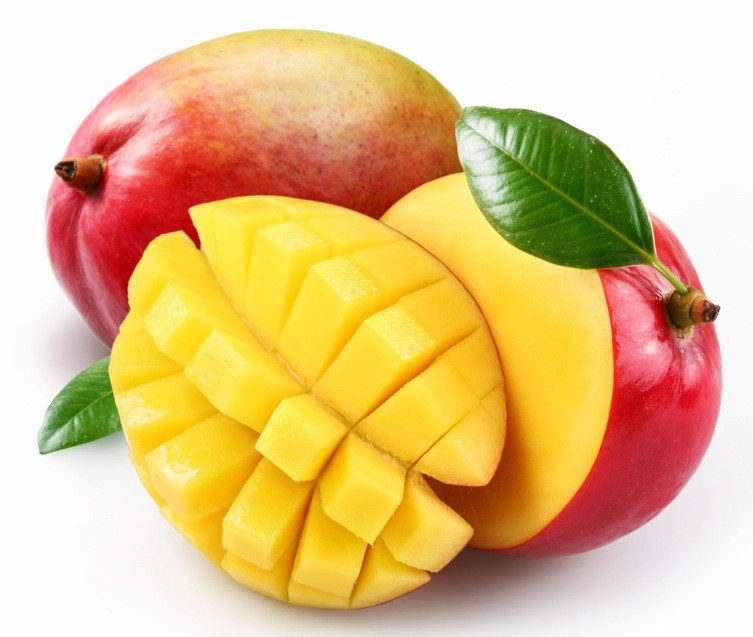
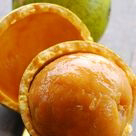

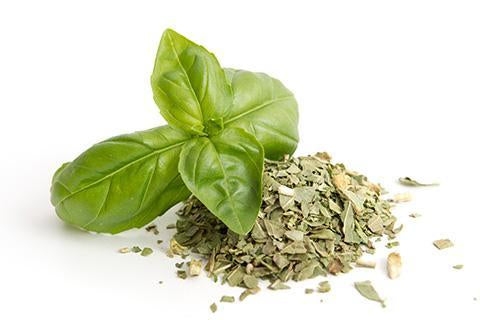
Comments
Post a Comment